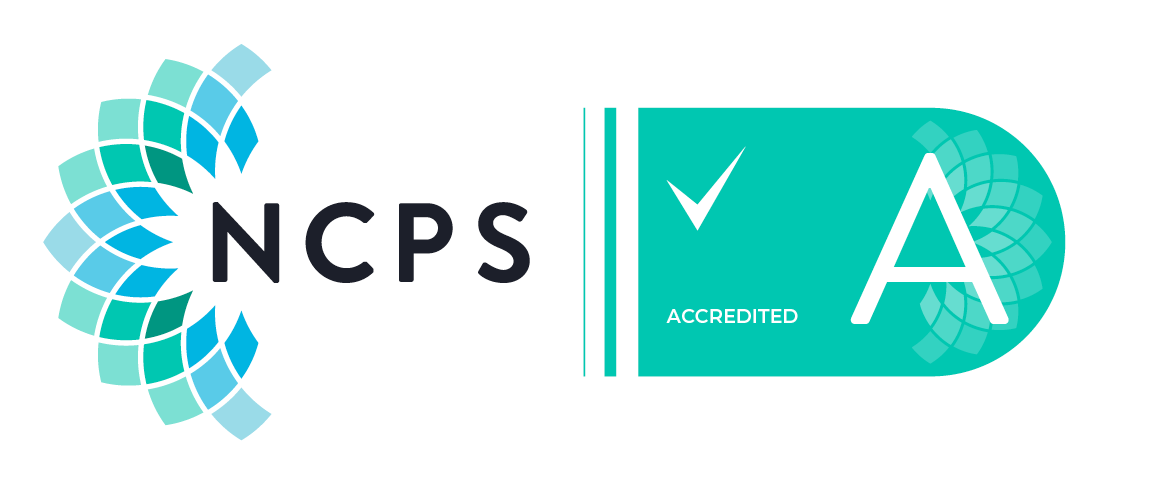
Chrysalis Level 5 Professional Diploma in Psychotherapeutic Counselling
Level 5 Diploma in Psychotherapeutic Counselling Practice
*At time of filming, the Guided Learning Hours were as stated in the video. They have since been updated to 118 for this third year of study with a total of 306 for our full Core Counselling Programme.
Chrysalis Level 5 Professional Diploma in Psychotherapeutic Counselling Practice Course (Prof. Dip Psy C.)
ABOUT THIS COURSE
Our Professional Diploma in Therapeutic Counselling Practice course is a three-year course. It incorporates Courses 1 and 2 as the first two years of the syllabus.
Learners successfully graduating from this course will receive The Prince's Trust Level 5 Diploma in Therapeutic Counselling Practice (RQF). This is a professional practice qualification enabling you to apply for registration with the National Counselling Society, and to set up professional practice and apply for employment as a counsellor.
RQF Course Code: 603/6873/1
Choose this level 5 professional diploma in psychotherapeutic counselling course if you wish to become a professional counsellor/psychotherapist and wish to gain, through qualification, a route onto an Accredited Register approved by the Professional Standards Authority. Since its launch in 2012, the Accredited Register programme is the benchmark for counsellors and therapists and can provide public confidence in your services.
This is our recommended course as it fully meets current professional requirements and is the most cost-efficient way to enter our profession. You’ll be able to offer concrete help and appropriate solutions to clients, taking an active role in assisting them to heal and reach their full potential.
Upon graduating from the Level 4 Diploma in Counselling Skills & Theory, you continue on to your full professional practice qualification. In this third and final year of your part-time training course, you will enhance and develop deeper understanding of the work of counselling and perfect your skills through a supervised agency placement, supported by your in-class training. You gain full understanding of working ethically and professionally with clients along with gaining knowledge of different issues clients need support to work through. Training Incorporates deeper knowledge of key therapy approaches within a Pluralistic framework, along with a deeper awareness of self and the therapeutic relationship.
BENEFITS*
Become recognised as a registered counsellor and earn a Professional Diploma (Prof.Dip Psy C)
- Course fully Accredited by the National Counselling & Psychotherapy Society
- Join as an M.N.C.P.S. (Acc) with many membership benefits including eligibility to join the Royal Society for Public Health
- Meets the entry requirements for the Society’s Accredited Register for Counsellors, recognised by the Professional Standards Authority
- Registered successful candidates will receive an RQF Level 5 Diploma from Prince’s Trust.
- A clear and rapid upgrade route to Level 6 (Higher Education) qualifications on passing this course
- 118 Guided Learning Hours in Year 3 (306 GLH Total over the 3+ year program)
* subject to terms and conditions
SYLLABUS
Entry to this course is only through successful graduation from the Chrysalis Level 4 Diploma in Counselling Skills and Theory.
After completing years 1 and 2, your year 3 syllabus Is covered by eight components taught across 12 classes:
- KEY MODELS INCORPORATED WITHIN THE PLURALISTIC APPROACH 1: THE PSYCHODYNAMIC APPROACH
Evaluating main contributions to the development of Psychodynamic counselling, with a focus on drive theory and Object Relations theory. intrapersonal and interpersonal relationship dynamics are explored, including those occurring within the therapy room. Understanding of conducting safe and ethical supervised practice is further explored. - KEY MODELS INCORPORATED WITHIN THE PLURALISTIC APPROACH 2: THE HUMANISTIC APPROACH
Reviewing key models within this approach and exploring further the process of therapy and personal growth and developing further understanding of the core conditions. Reflecting on supervised practice and key aspects of boundaries, practicalities, and contracting with clients. - KEY MODELS INCORPORATED WITHIN THE PLURALISTIC APPROACH 3: COGNITIVE BEHAVIOURAL APPROACH
Building on knowledge of these approaches and methods alongside developing self-awareness and reflection on aspects such as the impact of diversity and difference on the experience of therapy. - UNDERSTANDING DEPRESSION & HUMAN RELATIONSHIPS
reviewing therapeutic and medical models of depression and gaining knowledge of treatment for depression in the UK, including the role of counselling and psychotherapy. Risk assessment is considered in detail. Exploring relationship models to include the dynamics of the therapeutic relationship regardless of approach used, and the importance of professional codes of ethics. - ABUSE AND ADDICTION
Exploring issues of abuse, addiction, eating disorders, and self-harm in detail along with how these may co-exist. The ethics of working with clients experiencing deeper issues are considered including counsellor level of competence and when referral or specialisation best supports the client. Learning requirements of supervision in more detail and various formats and models related to supervision. - PERSONAL AND PROFESSIONAL DEVELOPMENT
Understanding the importance of Continuing Professional Development (CPD) and reflecting on own personal and professional growth throughout the course. - COUNSELLING PRACTICUM
Undertaking a placement with a suitable agency to gain 100 supervised clinical hours within the guidelines and policies of a professional counselling organisation. Evaluating and reflecting on own clinical work on a regular basis to experientially understand the work of counselling. - EVALUATING THE USE OF EVIDENCE IN COUNSELLING PRACTICE
Evaluating the contribution of research studies to the practice of counselling with a focus on different types of studies from randomised controlled trials to the significance of the case study in the development of new ideas and approaches to counselling.
Study Methods: Practical classroom work; Chrysalis VLE; Practice Groups; Homework assignments; Reflective Journal; Formally Supervised Placement Arrangement; Focus on practical work with no final exam.
Supervision/Placements: This course requires 100 hours of supervised practice on an approved external placement, please note that there may be additional supervision fees dependant on placement.











